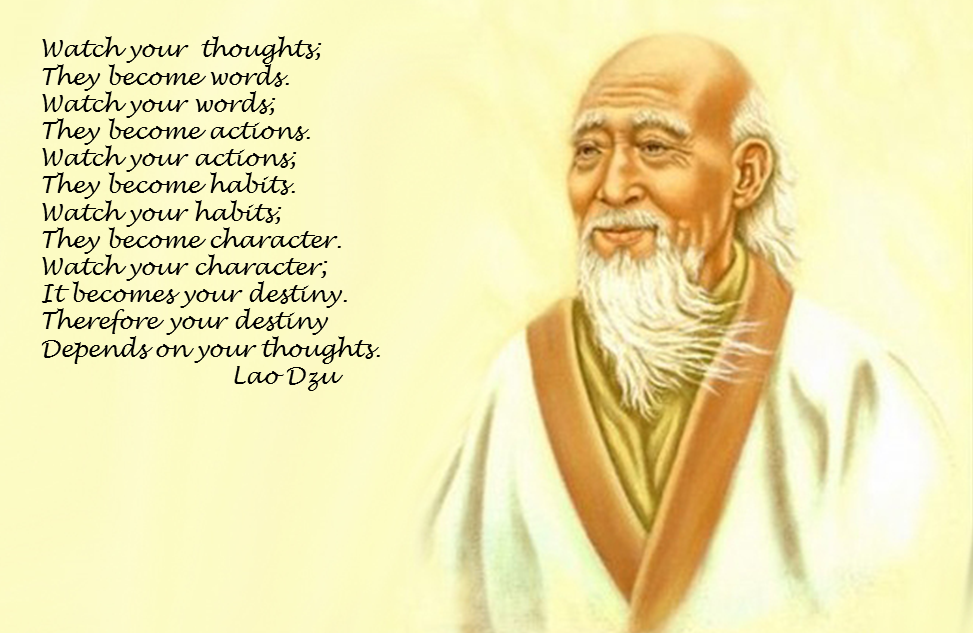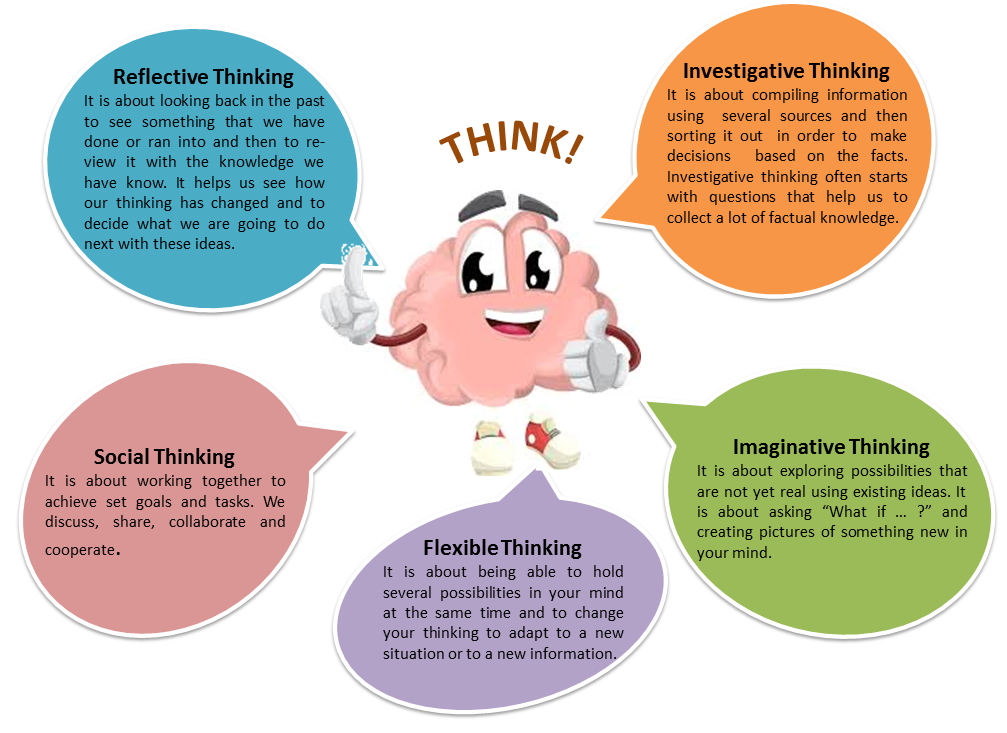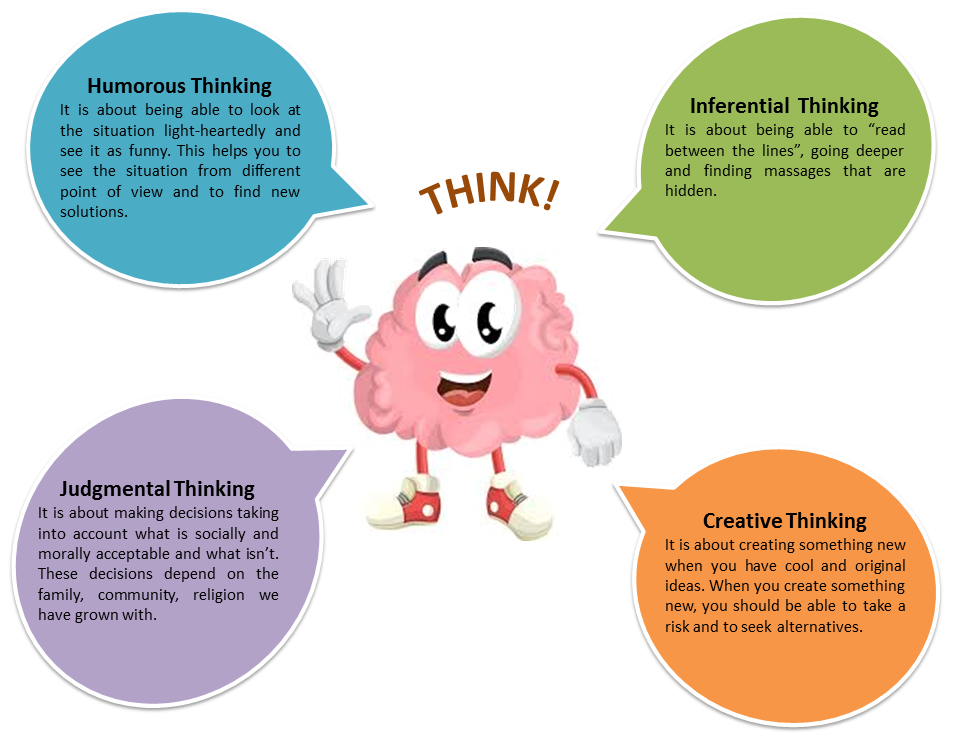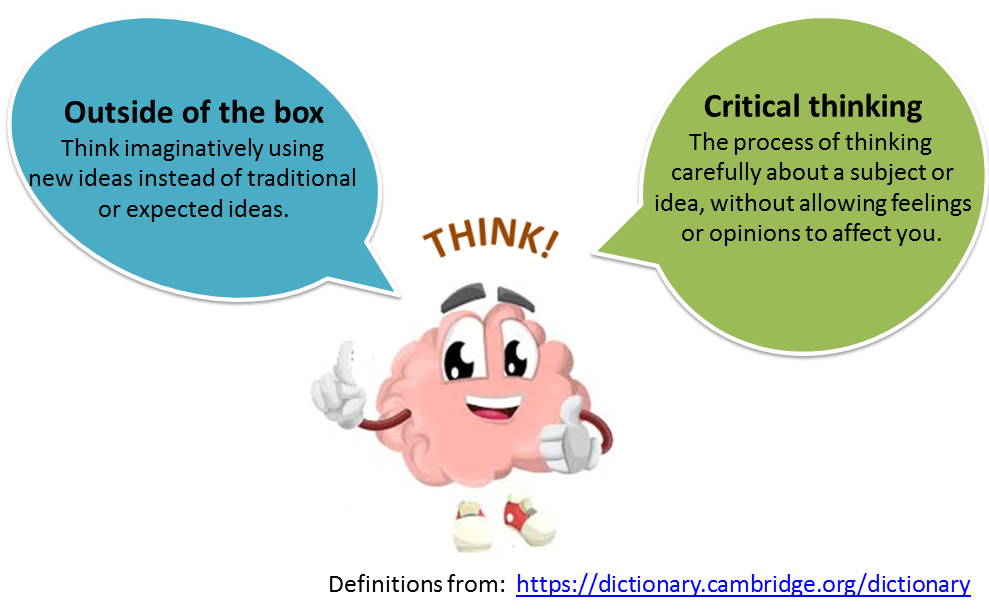Scientific researches have proved that our brain spread out our thought via brain waves. These brain waves are so powerful, that they can not only change the chemical reaction within our body, but also transform the world around us. Through our thoughts we attract in our life people and situations. We can say that our thoughts create our world and that through thinking we can change our life. Thinking skills are very important for building a good destiny. Many centuries ago, the sage Lao Dzu said:

That’s why we would like to teach our children to think, not to give up and to have positive attitude towards all things that happen in their lives.
This project aims to develop thinking skills through the literature. All project activities are planned to be done collaboratively and to develop different types of thinking: concrete, creative, analytical, critical, abstract, logical, social and positive. Children will learn about the famous fairy writer Hans Christian Andersen: his life and his work. They will change the well-known story “The Little Match Girl” from the beginning to its end. Children will learn that although we face troubles during our lives, we can overcome them, applying the power of thinking and doing. They will learn to make a decision with Eduard De Bono’s method “Six thinking hats”. Children will understand that thinking must precede our behavior and that we have to observe one situation from different point of view. Through thinking we can change our life.
Although the main aim of the project is to develop thinking skills, we develop also many 21st century skills/competences such as:
- communication in mother language; storytelling skills;
- some basic speaking and listening skills in English;
- social skills;
- digital skills;
- problem solving skills;
- entrepreneurship;
- cultural awareness;
- skills for studying: concentration, ability to focus, remember, gather and connect the pieces of information.
The project promotes reading, has focus on cultural heritage and collaborative learning.
So many different types of thinking!


